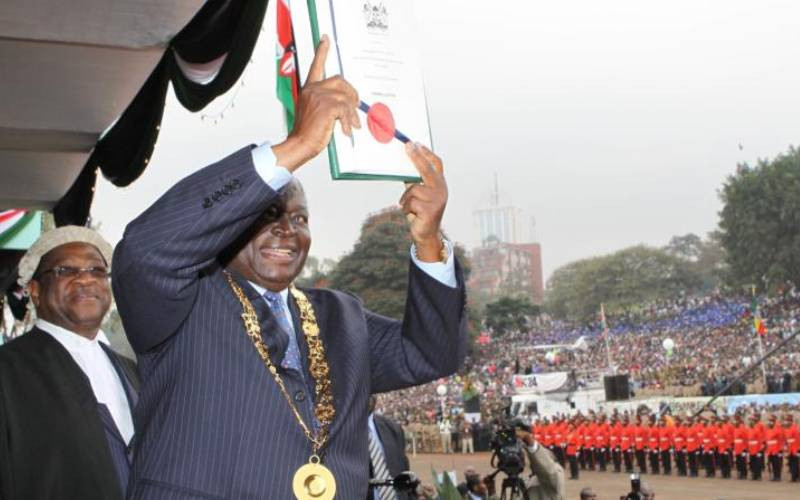×
The Standard e-Paper
Join Thousands Daily

Constitutions suggest themselves to be serious documents full of the mechanics of State and profundities of governance, as the relationship between rulers and the ruled.
Yet from time to time, there appear in these documents of gravitas, sudden provisions of seeming triviality. One such example is in the 1963 Independence Constitution of Kenya, (as in the 1964 constitution). The 1963 is a crucial deed ending a struggle for freedom lasting 68 years, culminating in independence after a bitter and bloody decade.